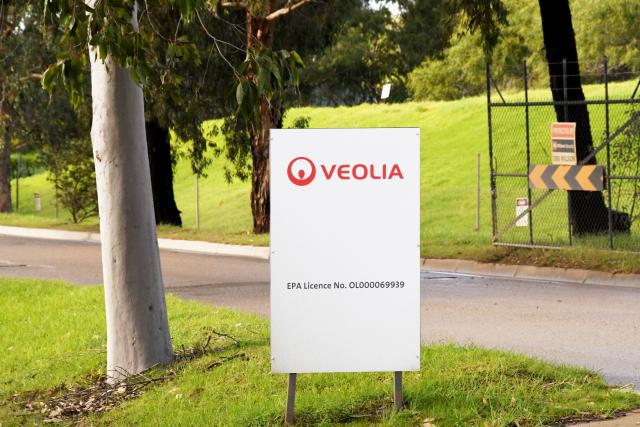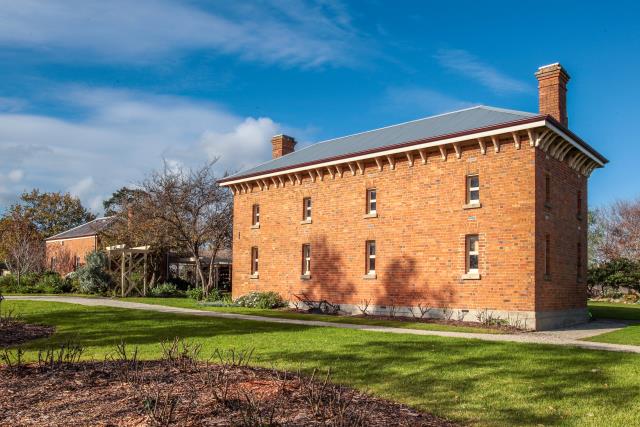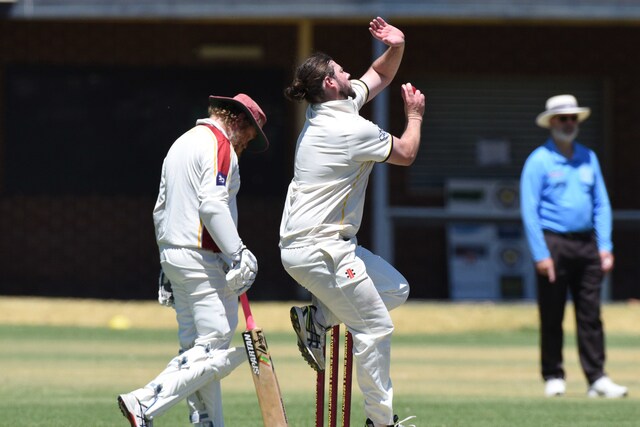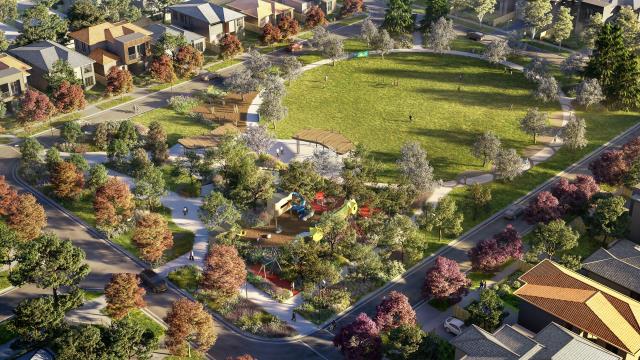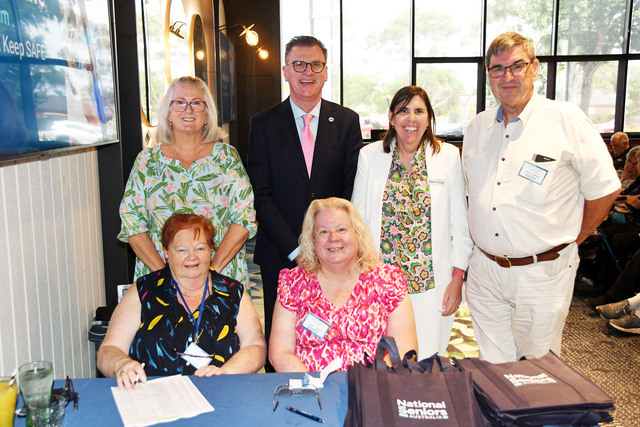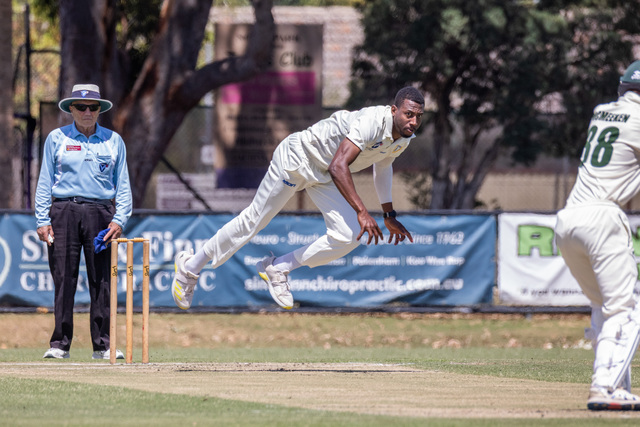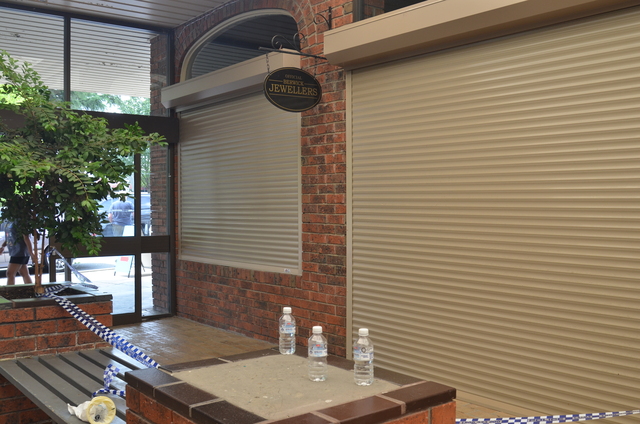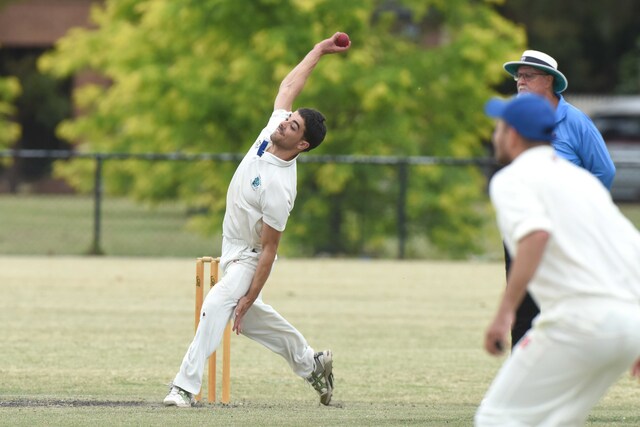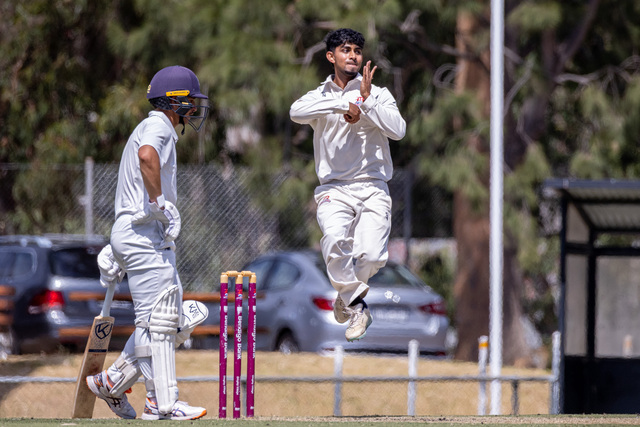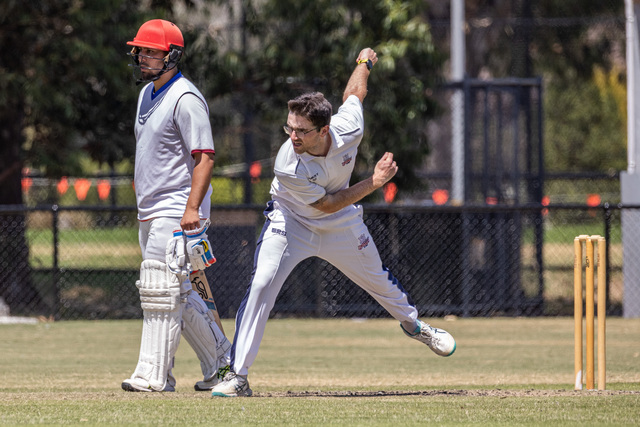 Checking out some of the handiwork of a group of youths from Narre Warren and Dandenong are, from left, Joseph Herrech from Dandenong Police Multicultural Liaison Unit, VicHealth chief executive Todd Harper, Tosh, MP Daniel Andrews, MP Luke Donnellan, MP Judith Graley, SERMRC chief executive Jenny Semple and SERMRC settlement manager Sally Regan. 21215 Picture: Stewart Chambers.
Checking out some of the handiwork of a group of youths from Narre Warren and Dandenong are, from left, Joseph Herrech from Dandenong Police Multicultural Liaison Unit, VicHealth chief executive Todd Harper, Tosh, MP Daniel Andrews, MP Luke Donnellan, MP Judith Graley, SERMRC chief executive Jenny Semple and SERMRC settlement manager Sally Regan. 21215 Picture: Stewart Chambers.
A GROUP of youths from Narre Warren and Dandenong have banded together to get respect, and an old car, on the road again.
The youths from diverse cultures are restoring an old car at the South Eastern Region Migrant Resource Centre (SERMRC) as part of the VicHealth-funded Kar Kulture program.
The program promotes intercultural contact between young Victorians from a range of backgrounds, in an effort to improve respect between people of all ethnic backgrounds.
State Health Minister Daniel Andrews, and MPs Judith Graley and Luke Donnellan visited the group at SERMRC last Wednesday.
Mr Andrews said the SERMRC would receive a further $186,000 to continue the success of Kar Kulture during the next three years.
“This project sees young Victorians cross cultural boundaries while working together to restore a second-hand car, and learn about road safety,” Mr Andrews said.
“The more we include people and celebrate diversity, the more we can collectively prevent and deal with many of the health and social problems confronting us today.”
Kar Kulture is one of five major projects funded through VicHealth’s $1.5 million Building Bridges program.
VicHealth chief executive Todd Harper said Building Bridges was based on an approach used overseas, which has shown that discrimination can be tackled by bringing groups together with members of the wider community to work on activities that are important to them all.
“There is significant evidence to support the benefits of intercultural contact as an effective way to reduce discrimination,” Mr Harper said.

